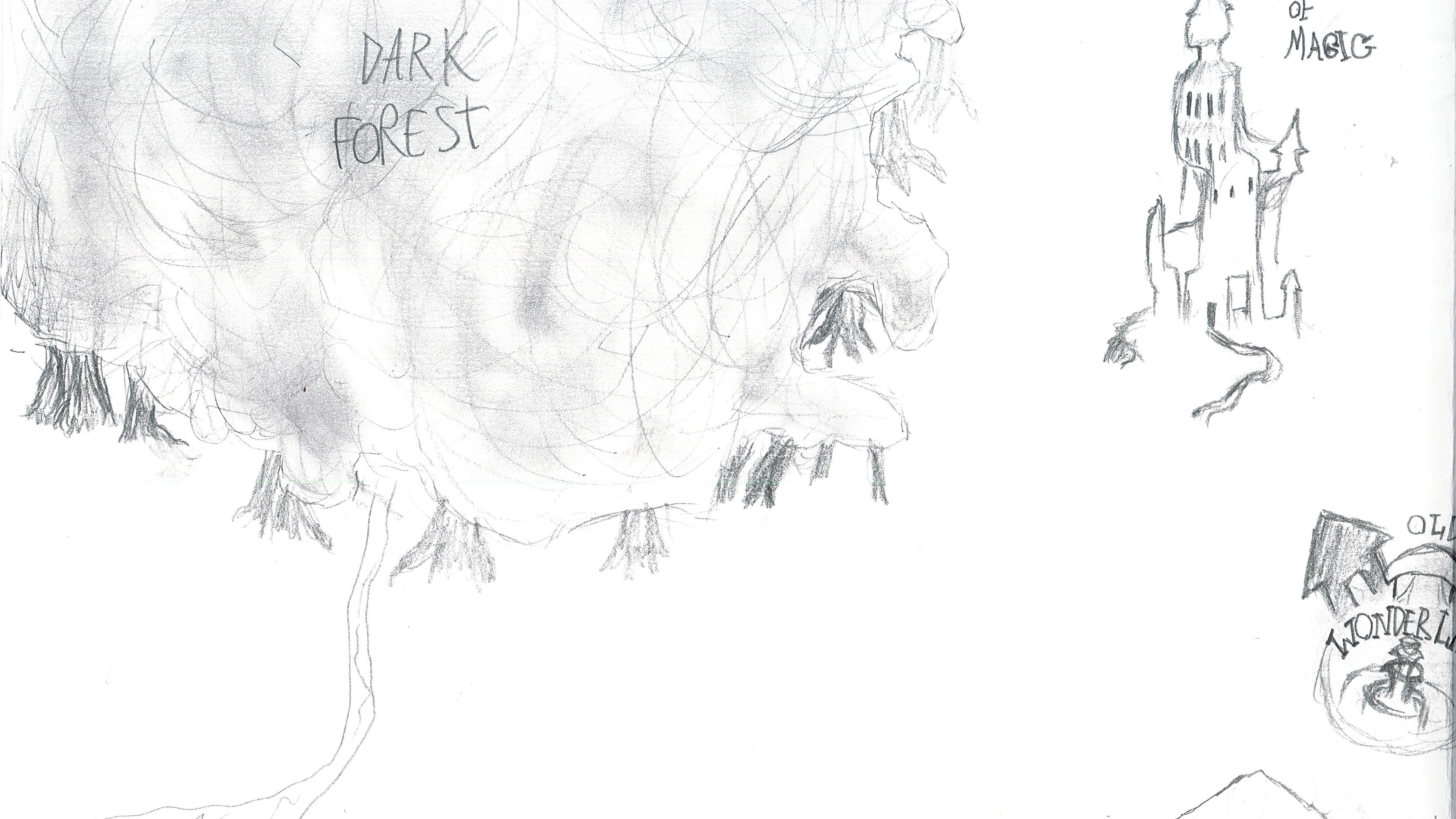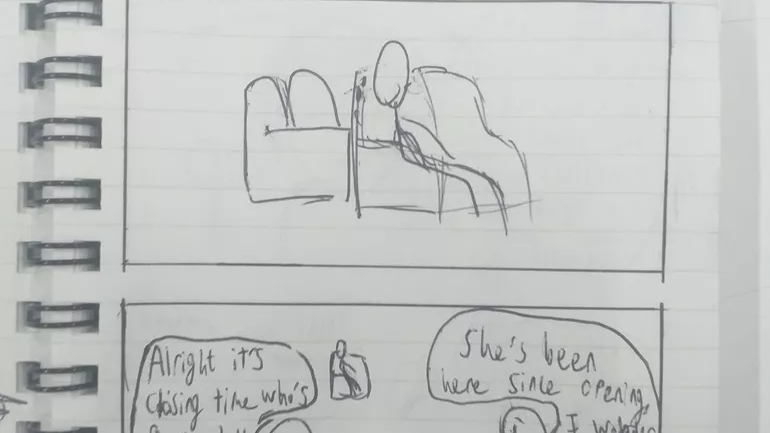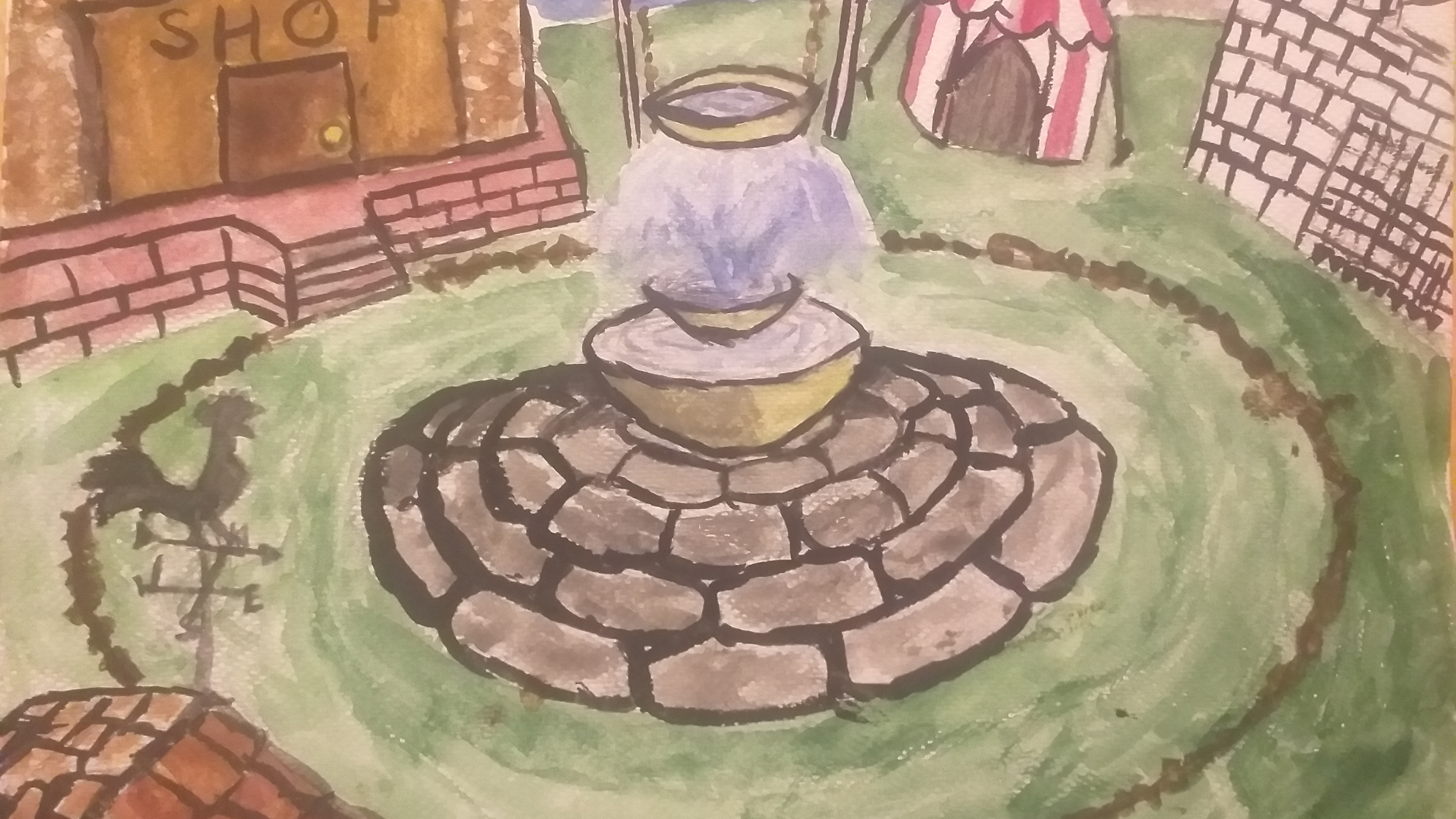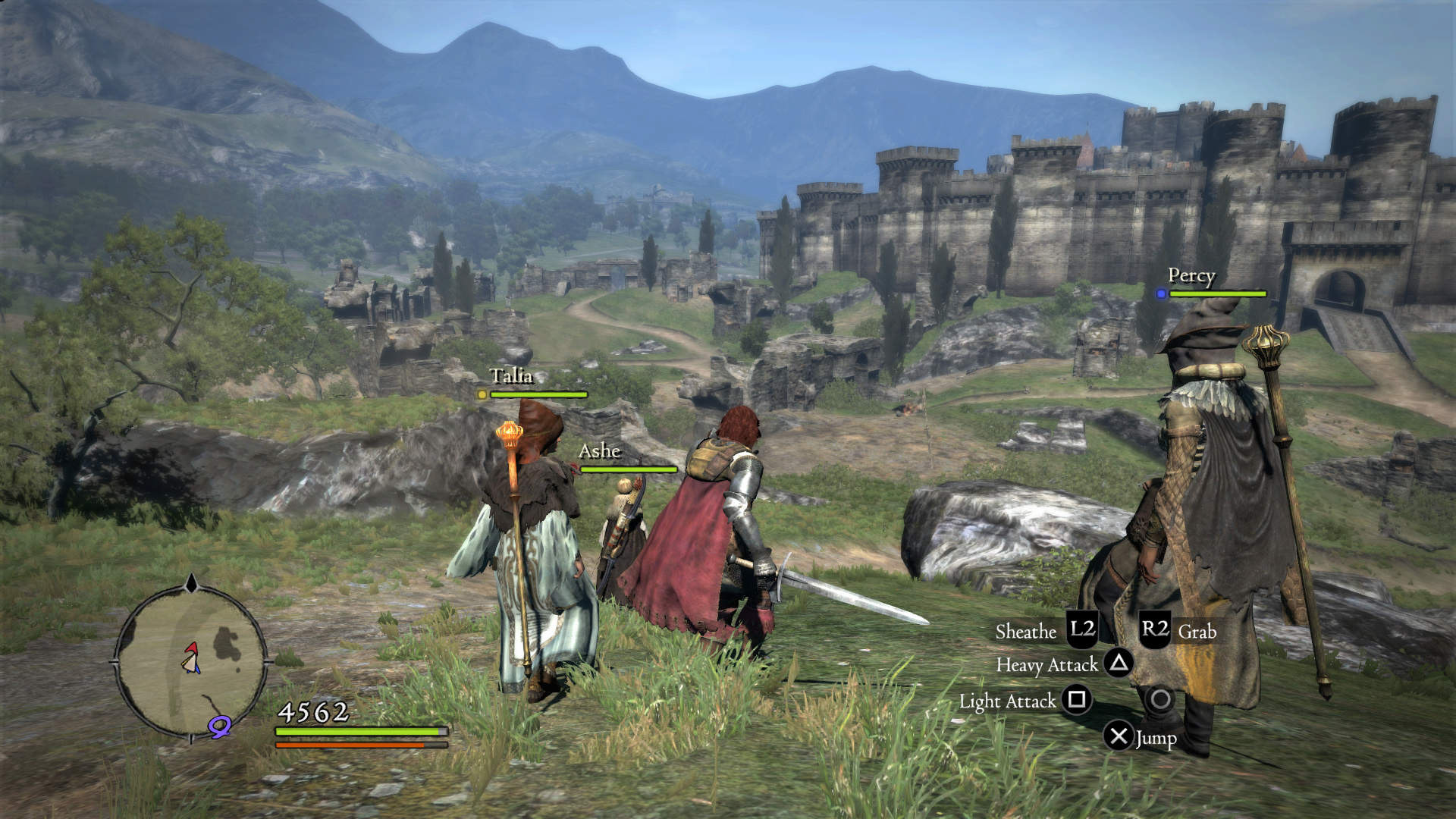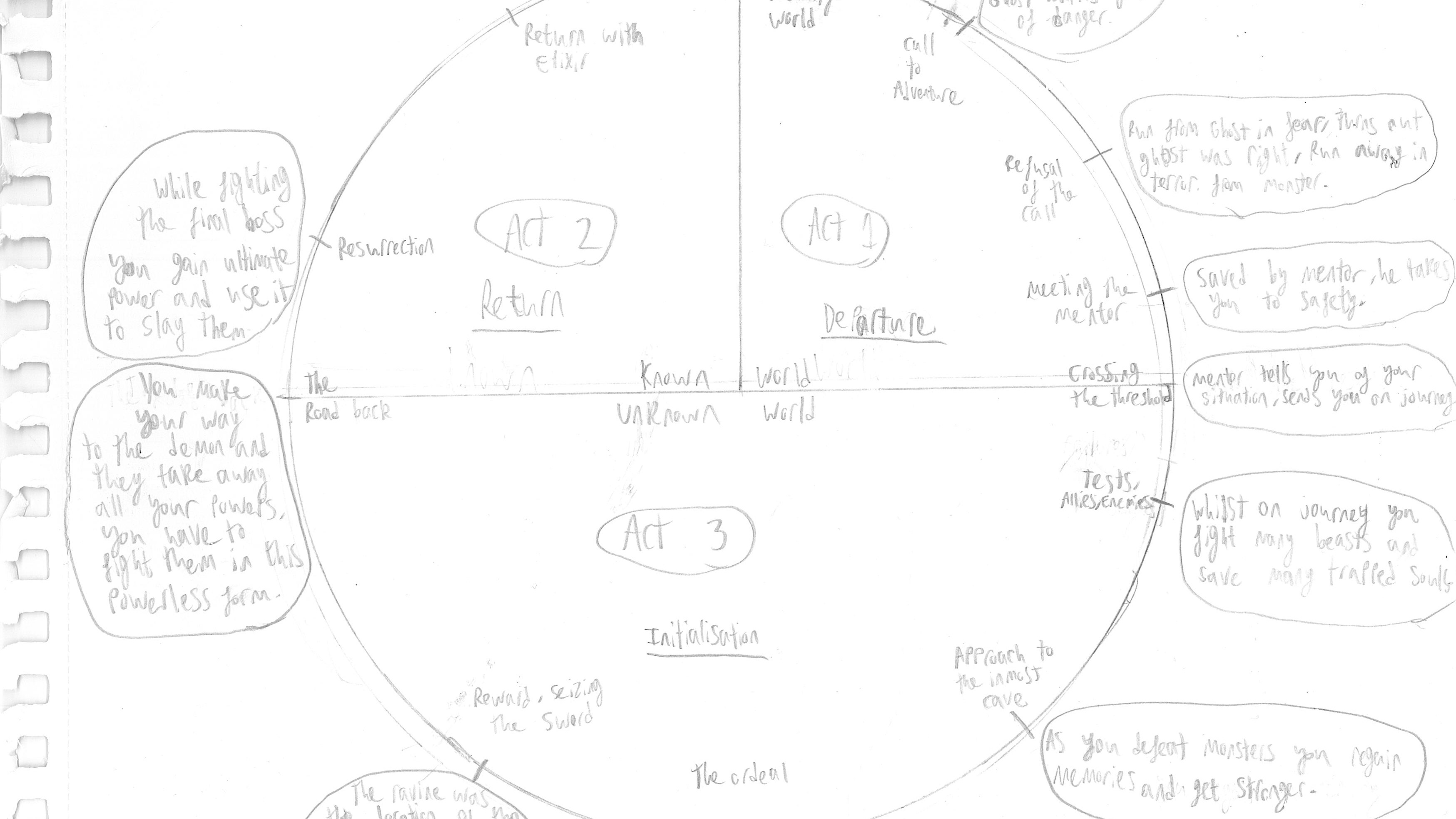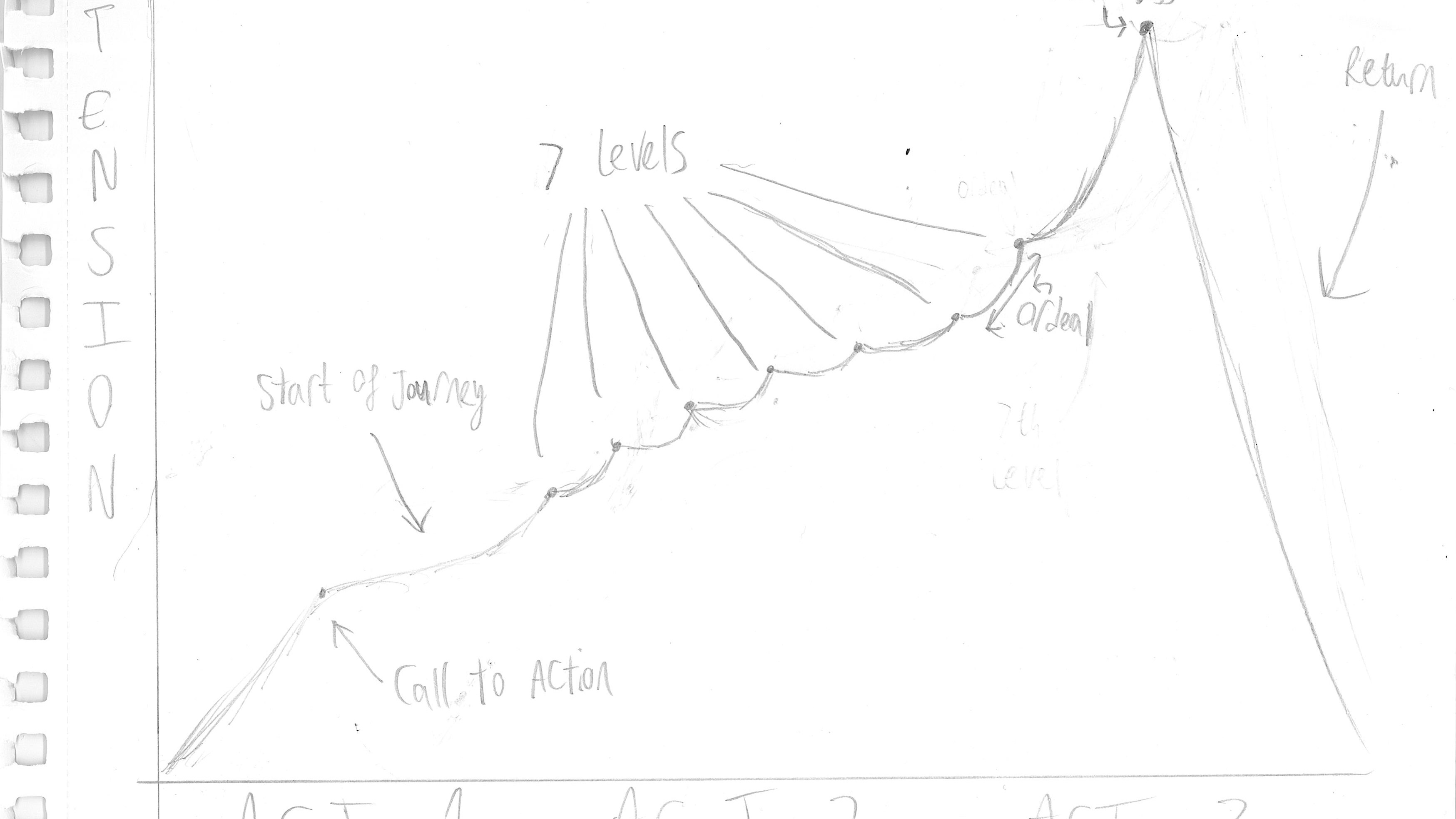In this lecture, we learned about exposition and how it is used in writing. We discussed what is bad exposition in games and how we could improve it.
Exposition is giving the audience the information they need to understand and appreciate the story. A statement we were given that simplifies exposition is 'show, don't tell'. This means establishing things in the story through actions instead of dialogue when you can.
For games this statement can be changed to 'do, don't show' as gameplay is a key feature of games that should not be neglected even to develop a narrative, gameplay should instead be used to develop a narrative. You should also avoid doing something called 'front-loading', this is when you do too much exposition too quickly and it becomes one giant info dump, too much information being dropped on a player can make them confused (an example of this being the intro to Metal Gear Solid 2) Exposition should be spread throughout the game, like seeds waiting to sprout.
To avoid front-loading you can split your game into 3 parts.
1. Need to know
2. Could wait
3. Incidental
We were tasked with splitting our games into these three parts.
My Game: Somnia
1. You are in a dream, your objectives and how you can escape, the basic story of the world, mechanics.
2. The story of the MC, how they got there, stories of other characters, and what happened in the calamity.
3. Lore of the different worlds and what happened to them/what they have been through after the calamity
SELF DIRECTED STUDY: STORY BEATS
1. Okki wakes up at home after having a nightmare and feels as if something isn't right.
2. Okki is warned by a ghost but is too overwhelmed by fear to listen and runs home, they then fall asleep. After waking up they find out that the ghost's warning was true.
3. They run away and are saved by the mentor.
4. The mentor explains the situation and sends him out on a journey.
5. Okki journeys to different worlds, freeing them from captivity.
6. Okki finds out how he got to this world and goes to confront the villain in a fit of rage but is thwarted, he then finds an area of lost souls.
7. Fully regains memories and goes back to fight the villain.
8. All of the powers of the past Lucid are transferred to Okki and he slays the villain.
9. After saving the world of dreams he goes home.
10. He wakes up and embraces his mother.

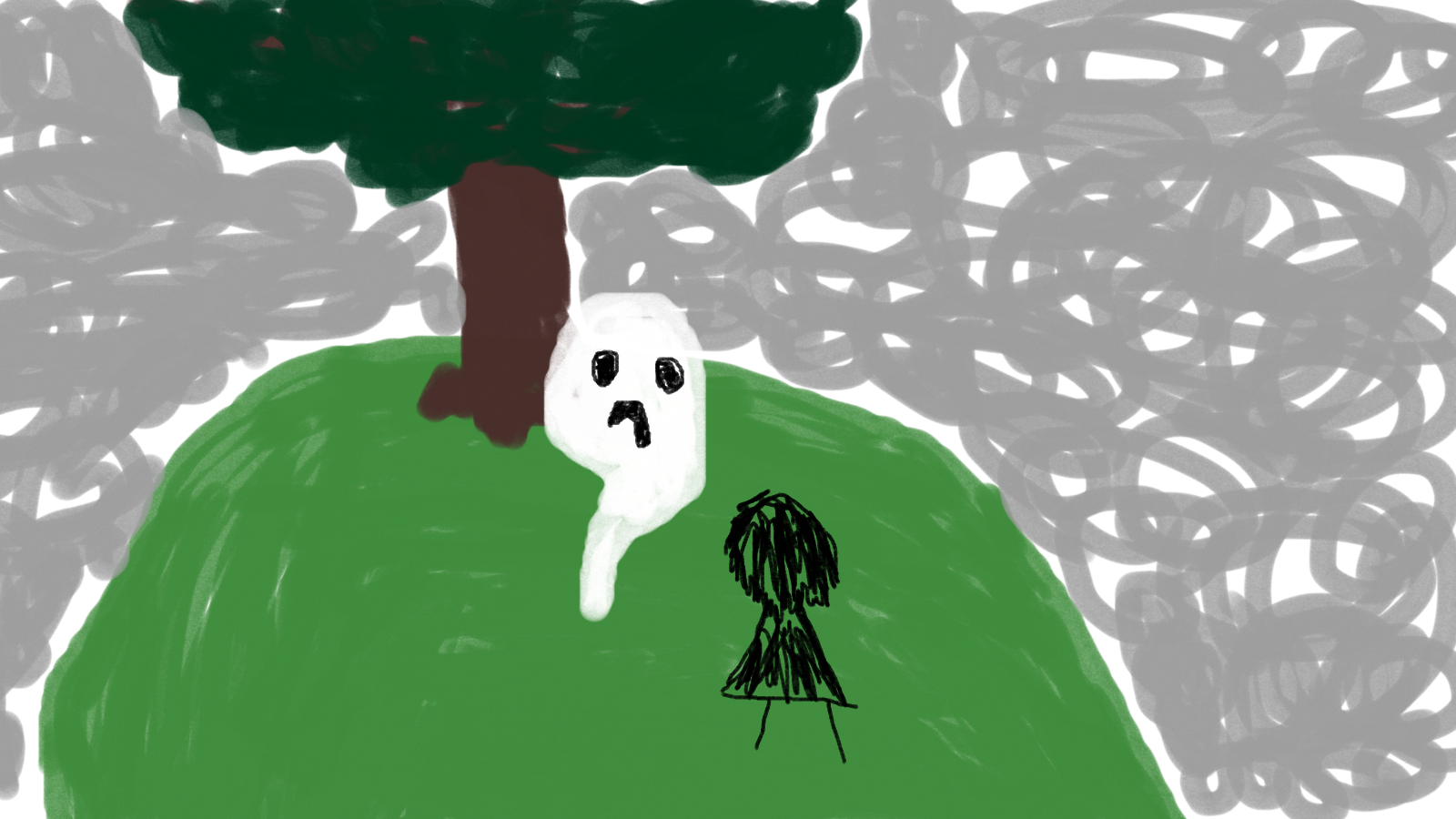
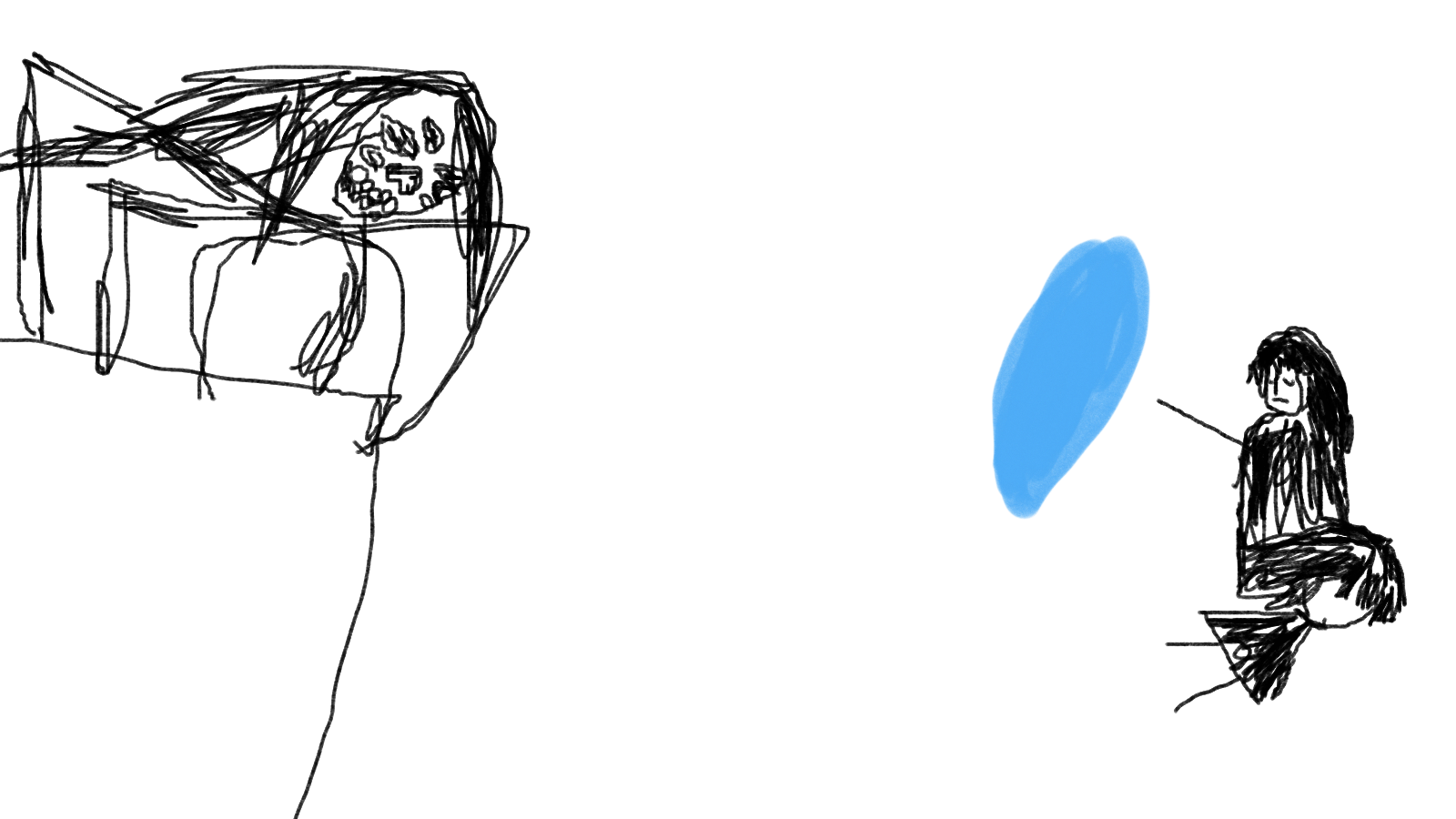
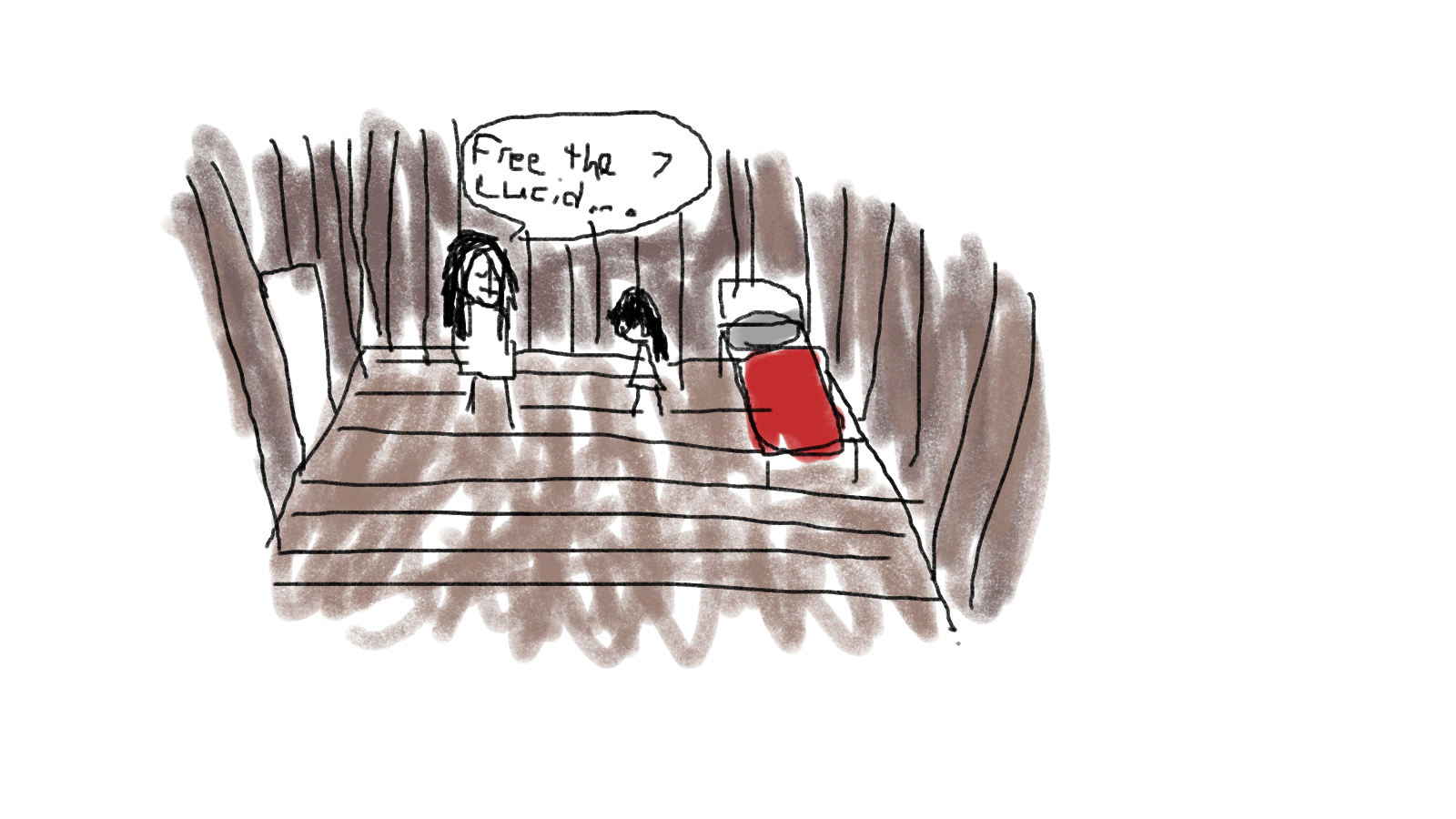

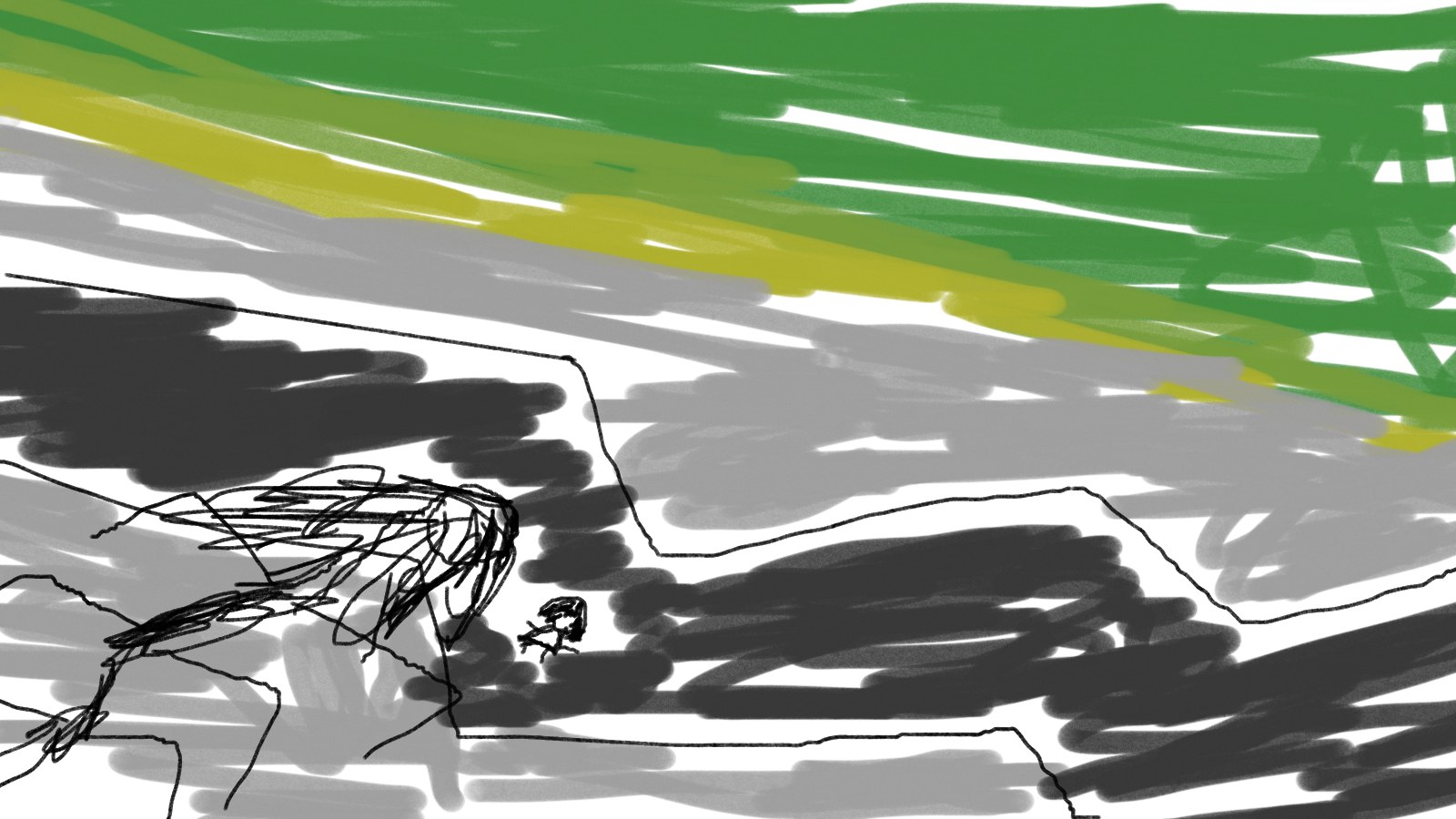
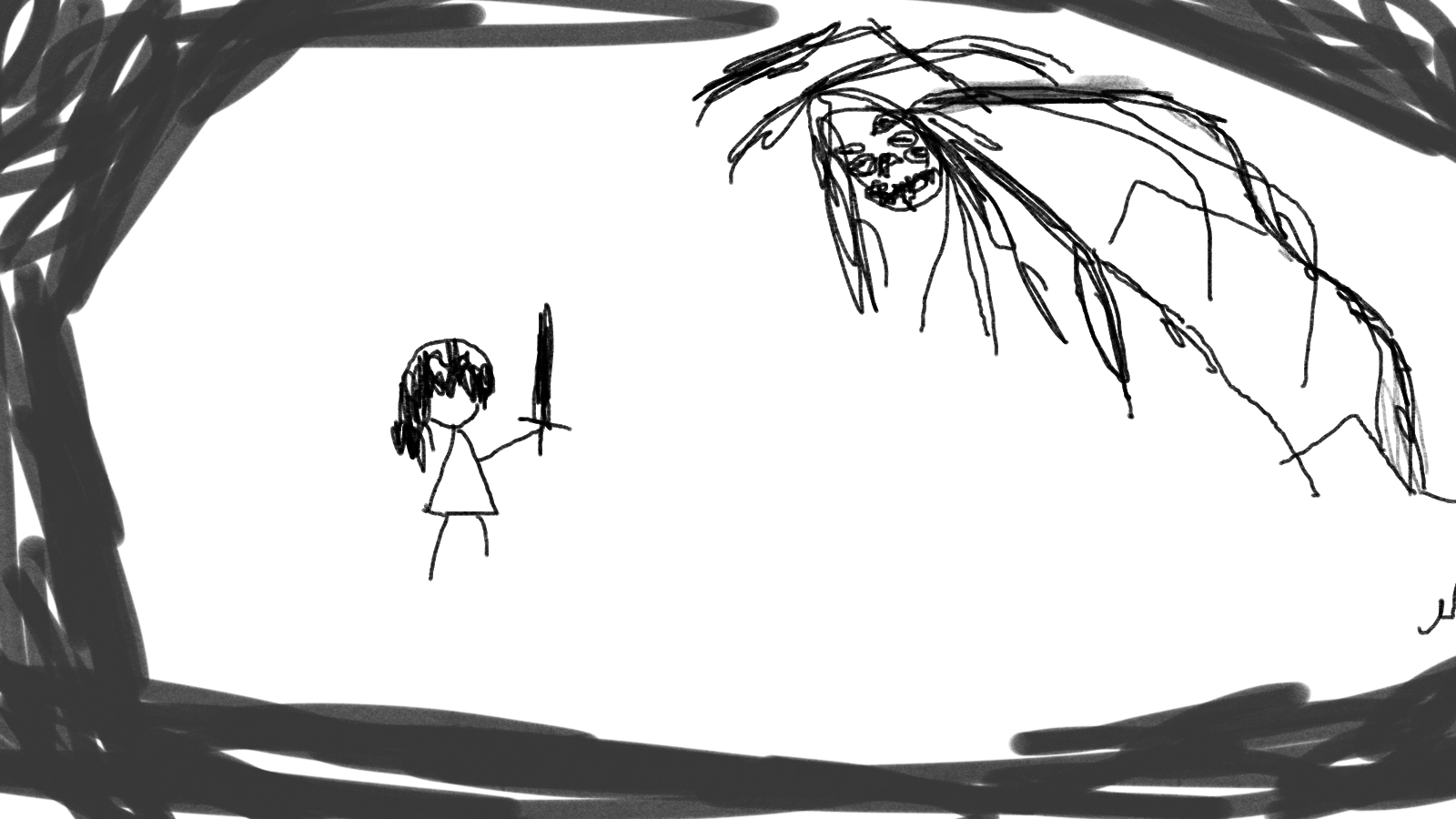
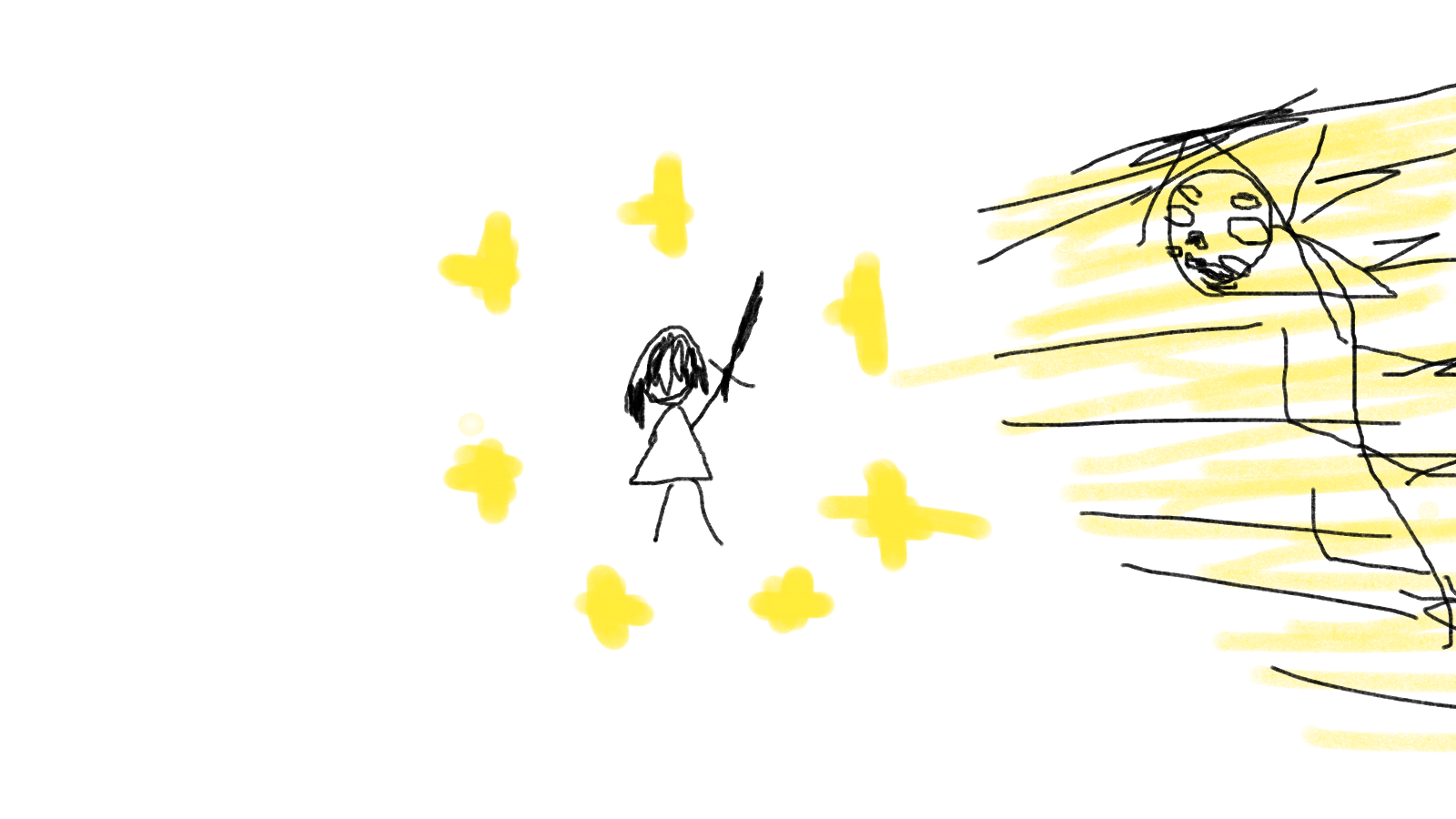
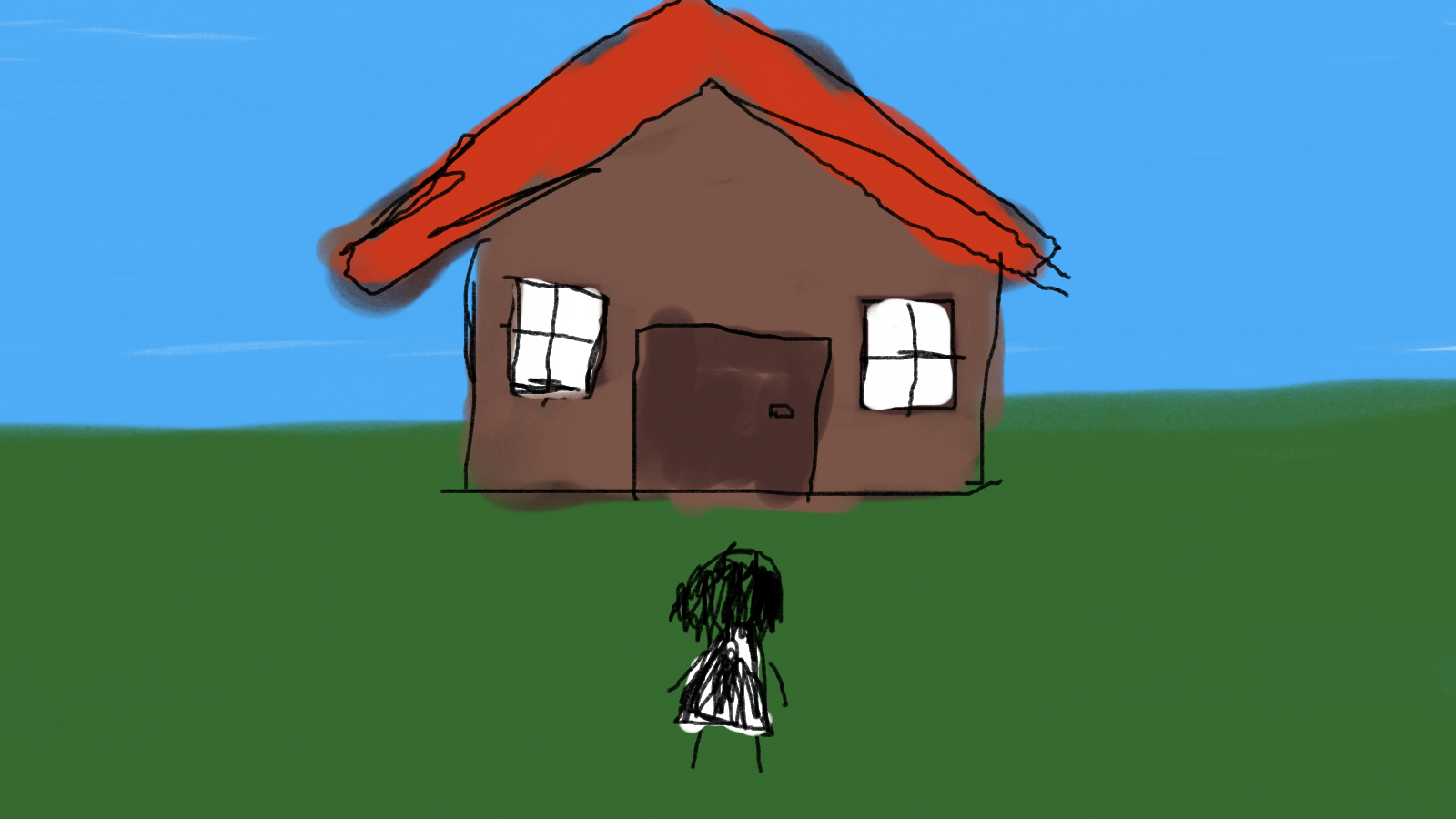
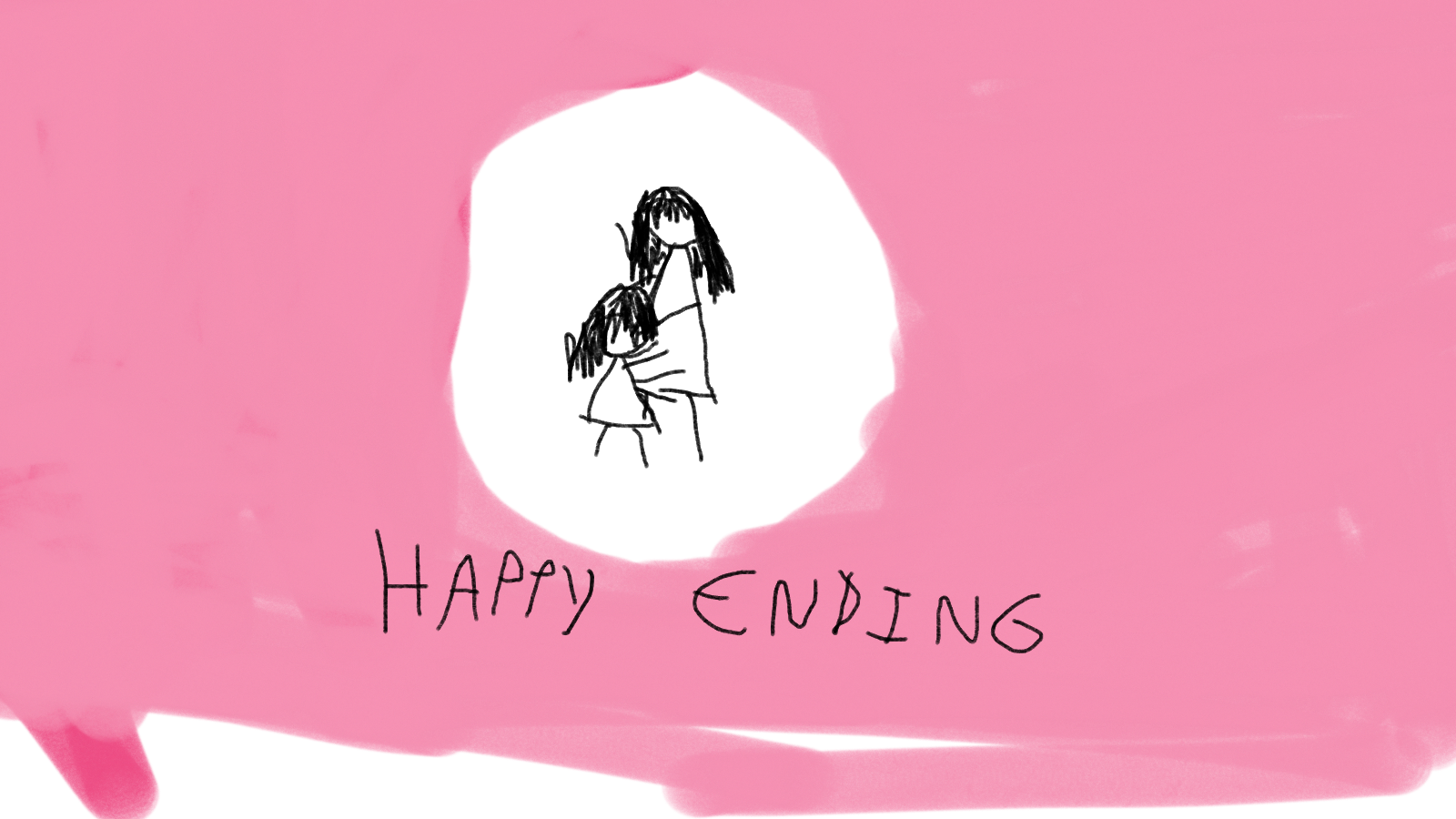
DIRECTORIAL NOTES
REFLECTION
In this lecture we learned about Exposition in story telling, Exposition is the act of giving the audience the information they need to understand and appreciate the story without just telling them but by letting them piece it together with the information you have given them.
I am happy with what I did in lecture today, I found it fun splitting the game into need to know, could wait and incidental parts. I also found it fun planning out the story beats for self directed study. I got a good grasp on what was good exposition and bad exposition through the clips we were shown, they were very helpful.
I believe I could have done better when planning the story beats but I do not enjoy drawing (especially on computer using mouse) so I wanted to do the story beats in as few slides as possible. I am proud of myself for still being able to portray my story despite this though. I was a bit confused by what we were meant to do for the directorial notes but I think I managed to do it alright.
I think I was able to apply exposition to my game premise well and I am very happy with what I have done.
To conclude, I am happy with what I have done today and I am happy to have done the story beats even though I am not good at drawing.
In the future I will attempt to get drawing related tasks done faster so that I have more time to get them done to the best of my ability.
